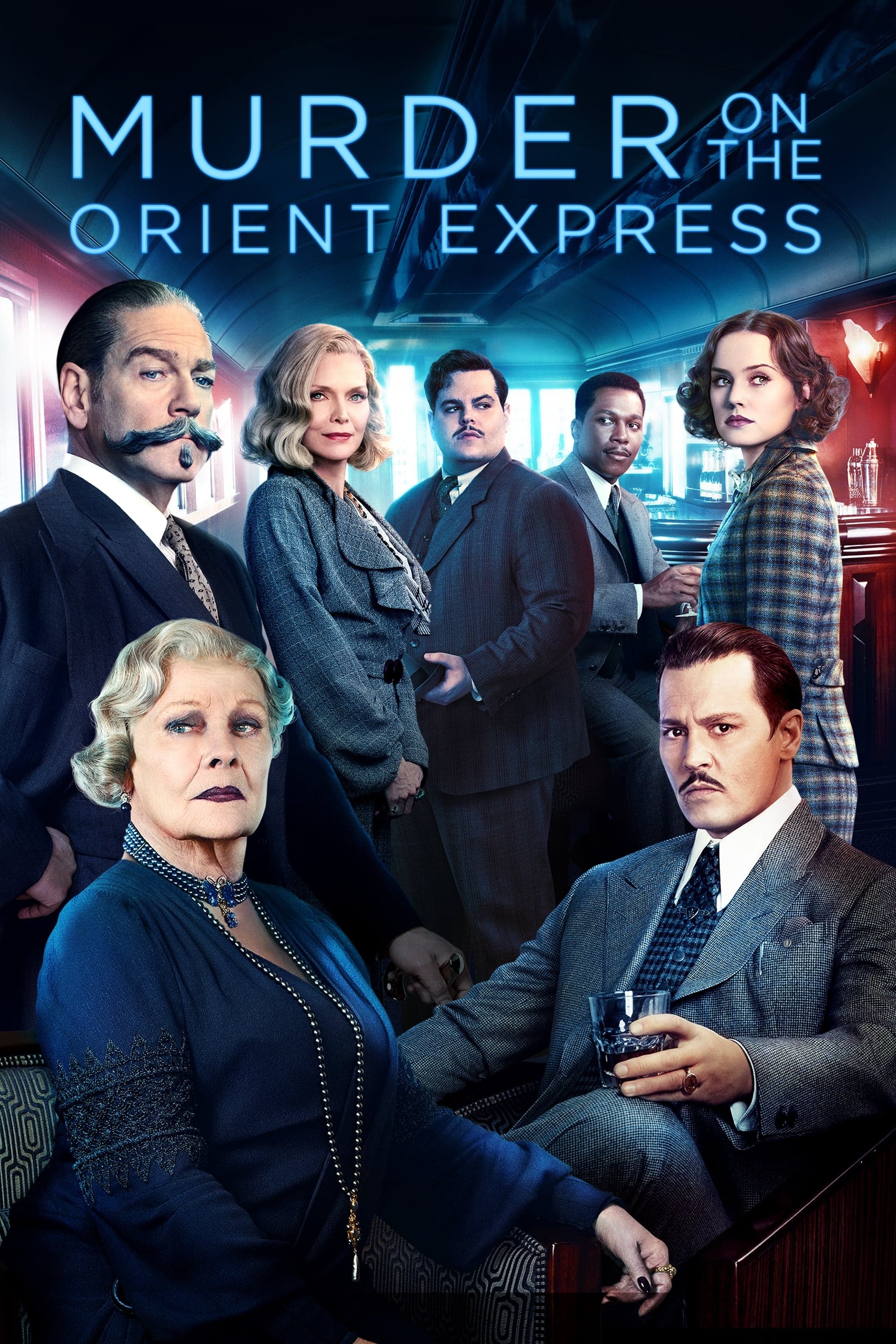Coffee and Cigarettes II
Jan 01 1989
•0h 8m
•Comedy
A brother and sister, sitting in a coffee bar, bicker mildly about whose idea it was to come to Memphis and which kind of cigarette is fresher. Danny, their waiter, comes by offering refills; after determining they are twins, he guesses which is the evil one. Without a pause, he sits down and offers his theory about Elvis's twin. He drones on. The good twin finally speaks up, giving her own opinion. The waiter is unfazed. After his boss finally calls him back to work, the twins are free to resume their bickering amidst the coffee and cigarettes.
Cast
See all
Joie Lee
Good Twin

Cinqué Lee
Evil Twin

Steve Buscemi
Waiter
Recommendations
See all
Fear Street: 1666
In 1666, a colonial town is gripped by a hysterical witch-hunt that has deadly consequences for centuries to come, and it's up to teenagers in 1994 to finally put an end to their town's curse, before it's too late.

Coffee and Cigarettes III
This shortcut repeats the structure of Coffee and Cigarettes. This time, Iggy Pop and Tom Waits meet in a bar. But, again, we don't know why they agreed to do that in the first place, because they don't seem to know each other very well and they don't have much to talk about, so the conversation wanders idly and hilariously as they sip their coffee and smoke cigarettes.

Ant Head
"A short video featuring my friends the ants along with cheese, etc. and one-and-a-half tracks from the Thought Gang album."

Murder on the Orient Express
Genius Belgian detective Hercule Poirot investigates the murder of an American tycoon aboard the Orient Express train.